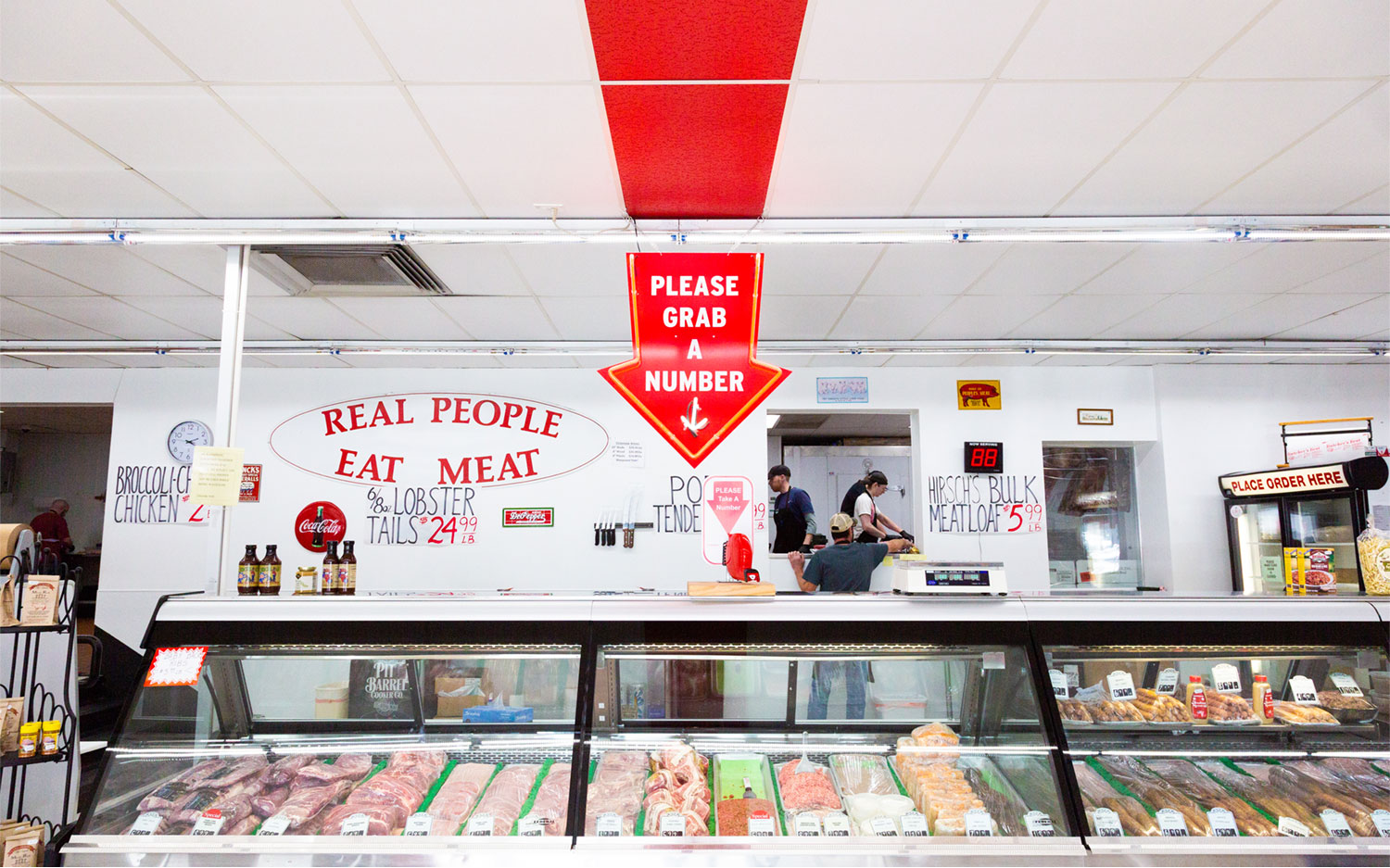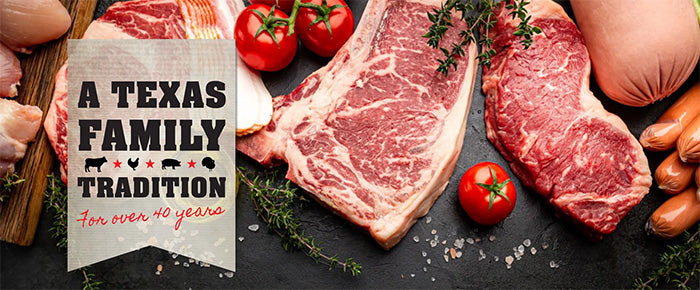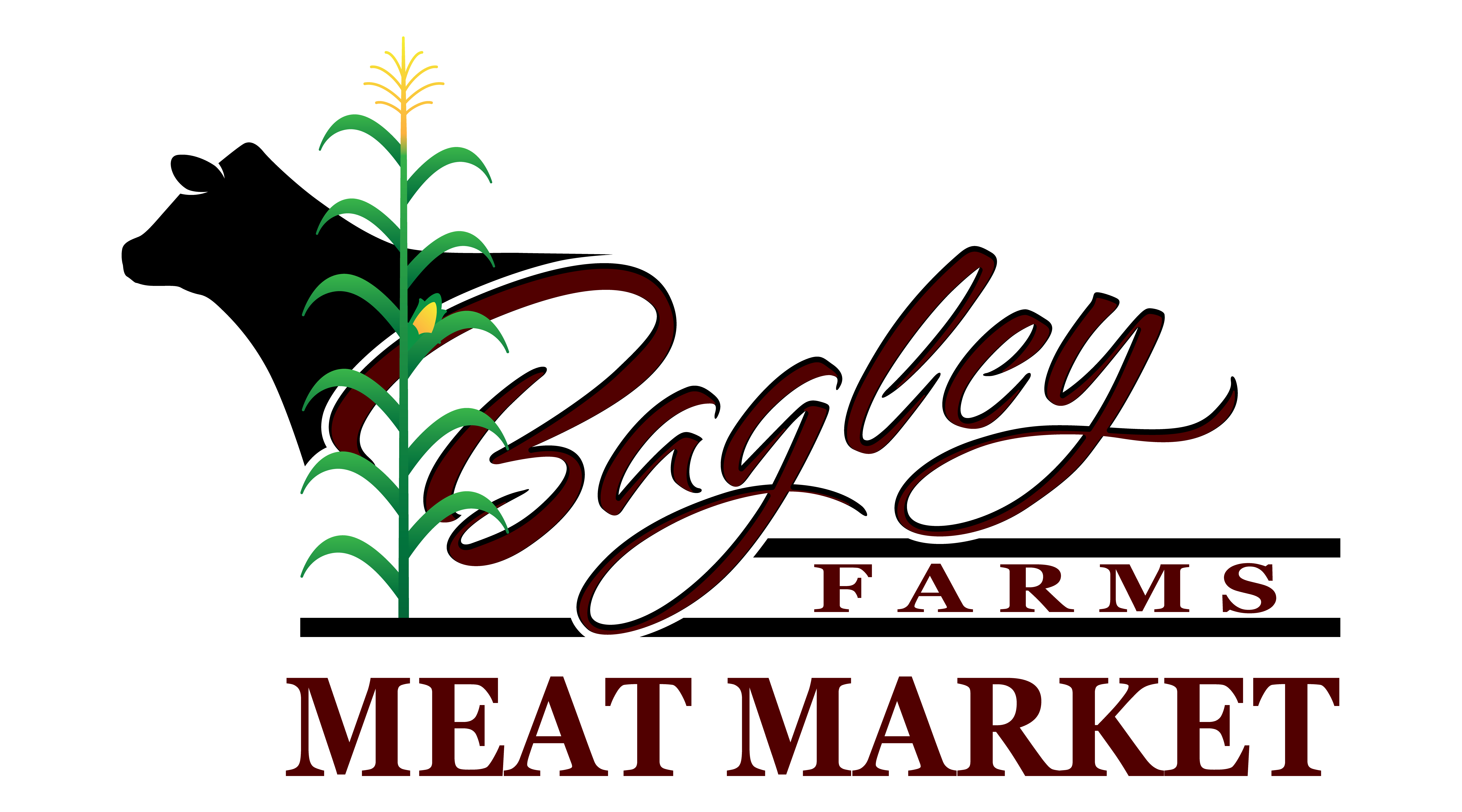Why Buying at a Neighborhood Meat Market Guarantees Fresh, High-Quality Cuts
Purchasing at a regional meat market uses distinctive advantages that typically go undetected by consumers accustomed to bigger retail chains. The effects of selecting local expand beyond instant benefits, prompting a closer assessment of what this option genuinely means for both consumers and the neighborhood economy.
Advantages of Local Sourcing
In the world of food purchase, the advantages of neighborhood sourcing attract attention prominently. By buying meat from regional markets, consumers acquire straight access to items that are commonly fresher and a lot more savory than those located in bigger, business supermarkets. Neighborhood sourcing lowers the moment and distance food takes a trip from ranch to table, which not just improves taste however likewise protects dietary value.

Additionally, regional sourcing usually provides transparency relating to the beginnings of the meat. Consumers can ask about the farming methods utilized, pet well-being standards, and whether the meat is natural or grass-fed. This info encourages consumers to make informed choices straightened with their values.
Quality Assurance Criteria
Regional meat markets typically adhere to rigorous top quality control requirements that guarantee the products supplied fulfill high safety and quality benchmarks. These standards typically encompass various stages of the meat manufacturing procedure, from sourcing to dealing with and storage.
First, regional markets commonly develop rigid provider requirements, making certain that only trustworthy farms and manufacturers are utilized - bagley meat market edwardsville il. This minimizes the possibility of contamination and advertises higher pet well-being standards. Additionally, several regional meat markets execute routine assessments to confirm that the meat is refined under sanitary problems, additionally decreasing health risks
Temperature control is an additional important element of quality control. Regional meat markets often check refrigeration systems to preserve ideal storage temperatures, guaranteeing that meat remains fresh and secure for usage. The execution of traceability systems enables markets to track the origin of their products, providing openness and liability.
Last but not least, staff at neighborhood meat markets are frequently educated to recognize signs of perishing and recognize appropriate handling strategies. This dedication to quality control not only raises the overall standard of the meat yet additionally cultivates customer trust, making local meat markets a reliable source for high-quality cuts.
Supporting Neighborhood Farmers
Sustaining neighborhood farmers is crucial for cultivating a sustainable food system and boosting community strength. When consumers pick to go shopping at local meat markets, they directly add to the resources of farmers in their area. This not just sustains the neighborhood economic situation however additionally strengthens the farming market, making certain that it remains feasible and lively.


In addition, sustaining neighborhood farmers promotes a feeling of area and link between producers and consumers. It motivates openness in food sourcing and instills trust, as get more clients can establish partnerships with the individuals that elevate their food. This straight connection eventually results in an extra engaged and educated public, which is vital for advocating for sustainable agricultural methods in the future.
Sustainable Practices
Sustainable methods in meat markets play a vital duty in advertising environmental stewardship and making certain animal welfare. Local meat markets usually prioritize sourcing their items from ranches that execute sustainable and honest farming methods. These practices include rotational grazing, which helps preserve soil wellness and reduces carbon exhausts, alongside minimizing the usage of prescription antibiotics and hormonal agents in livestock.
Moreover, neighborhood meat markets generally highlight openness in their supply chains. Consumers are offered with details relating to the beginning of their meat, enabling them to make educated options that align with their values. By sustaining neighborhood farmers that exercise sustainable approaches, customers add to the preservation of biodiversity and the reduction of transport discharges related to long-distance meat circulation.
Additionally, lots of local meat markets take part in waste decrease methods, such as using every part right here of the pet and advertising off-cuts that may or else go unsold. By fostering a more sustainable technique to meat consumption, these markets not just offer premium products but additionally contribute favorably to the atmosphere and pet well-being. In significance, purchasing at a regional meat market straightens customers with a more comprehensive movement towards responsible and moral food sourcing.
Individualized Customer Service
Purchasing at a meat market typically encompasses even more than simply the products offered; it is likewise regarding the experience and the connections constructed in between consumers and team. Personalized client service is a trademark of regional meat markets, establishing them apart from larger grocery chains. Educated staff put in the time to recognize specific customer choices, guaranteeing that each go to is customized to specific requirements.
Clients take advantage of skilled suggestions on cuts, cooking methods, and preparation pointers, cultivating a feeling of trust and loyalty. This individualized communication permits clients to ask inquiries and look for referrals, bring about notified purchasing decisions. Employee typically bear in mind normal customers and their choices, producing a welcoming environment that grows area ties.
Furthermore, personalized solution expands to unique demands, such as custom-made cuts or certain prep work techniques, which bigger stores may not accommodate. This degree of focus enhances the commitment of neighborhood meat markets to high quality and consumer fulfillment.
Fundamentally, personalized customer service not just enhances the purchasing experience however likewise makes sure that consumers entrust the most effective products suited to their culinary needs, making every see a gratifying one.
Conclusion
Sustaining neighborhood farmers promotes area relationships and strengthens the regional economy, while lasting techniques contribute to ecological stewardship. Additionally, personalized consumer service improves the shopping experience, making neighborhood meat markets a favored choice for customers looking for both top quality and ethical considerations in their food sourcing.
The effects of selecting local prolong past immediate benefits, prompting a closer exam of what this selection absolutely indicates for both consumers visit this site and the regional economy.
Supporting regional meat markets also contributes to the neighborhood economic situation. Neighborhood meat markets frequently keep an eye on refrigeration systems to preserve optimal storage space temperature levels, making sure that meat stays fresh and safe for usage.Regional farmers are typically a lot more attuned to the details needs of their neighborhoods, increasing and growing plants animals that align with neighborhood tastes and choices. Sustaining local farmers fosters area relationships and enhances the regional economic situation, while sustainable practices add to ecological stewardship.